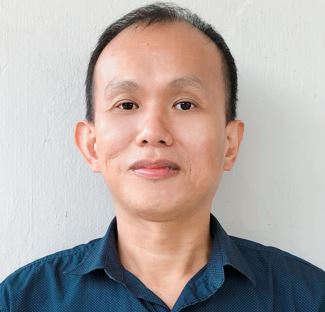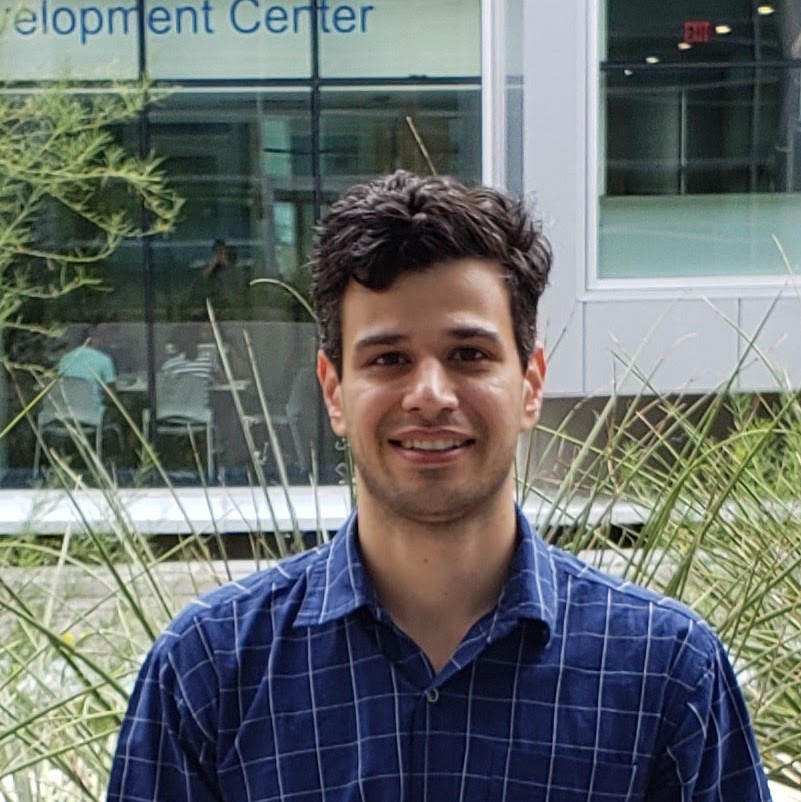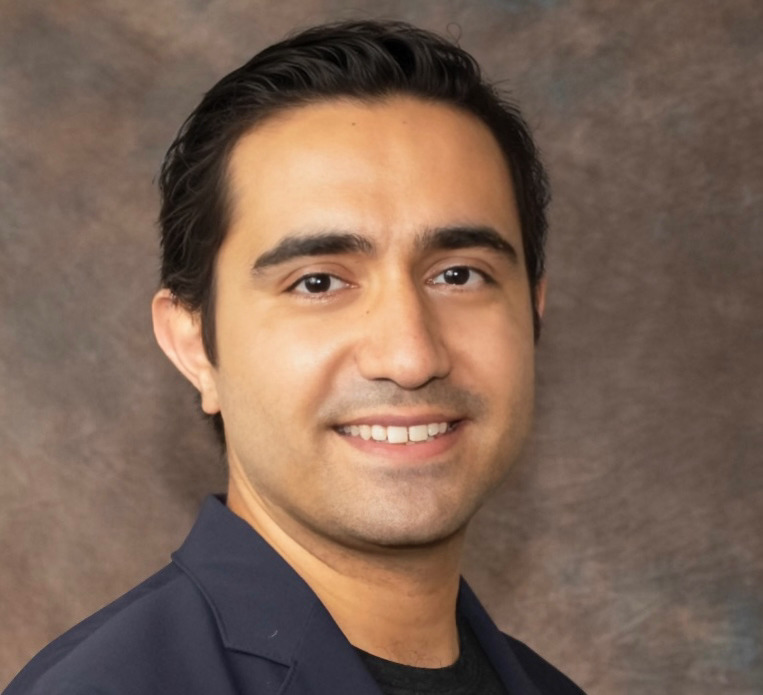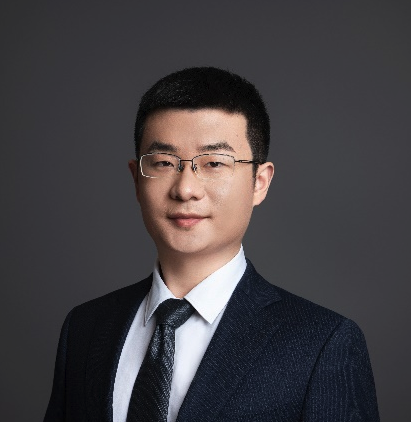
Washington DC, USA
| Home | Registration | Program | Directions |
Title: Data-Centric Evaluation of Large Code Models |
|
| Qiang Hu, Tianjin University | |
|
Abstract: Evaluation is a key step in the development lifecycle of large code models, and also a hot research direction in this era. Data, as a fundamental element of artificial intelligence, plays a crucial role in the evaluation of large code models. In this context, this talk focuses on data-centric techniques and best practices for large code model evaluation. Specifically, I will introduce our recent research works on building high-quality code evaluation benchmark datasets and automating the acquisition of important evaluation data, to explore the impact of evaluation data quality on large code model evaluation results. These works have been published in ASE 2025 and TOSEM. Dr. He is an Associate Professor at Tianjin University. Previously, he was a Postdoctoral Researcher at the University of Tokyo, working with Prof. Lei Ma. He received his Ph.D. degree from the University of Luxembourg, advised by Prof. Yves Le Traon, Prof. Mike Papadakis, and Prof. Maxime Cordy. Before that, he received his Master’s degree from Kyushu University, advised by Prof. Jianjun Zhao. |

|
Title: Toward Intelligent and Automated Binary Security Analysis with LLMs |
|
| Yaowen Zheng, Chinese Academy of Sciences | |
|
Abstract: The rapid development of large language models (LLMs) is transforming the field of software and binary security analysis. With their assistance, the entire vulnerability analysis process has become more accurate, intelligent, and automated. Traditional approaches rely heavily on manually crafted rules and expert-defined features, which limits their adaptability to diverse architectures and complex binary environments. Motivated by the strong code understanding and reasoning capabilities of LLMs, we have explored their application across multiple binary security analysis tasks and achieved encouraging results. In this keynote, I will discuss recent advances in applying LLMs to binary analysis and present our two representative research works, LLM for taint analysis (LATTE) and patch presence testing (Lares), to demonstrate how LLMs can advance the automation and intelligence of real-world binary security analysis. Dr. Zheng is a Professor at the Institute of Information Engineering, Chinese Academy of Sciences. Previously, he was a Research Fellow at Nanyang Technological University under the supervision of Professor Yang Liu. He received his Ph.D. in Cyberspace Security from the University of Chinese Academy of Sciences under the supervision of Professor Limin Sun, and also conducted research at the University of California, Riverside, with Professor Heng Yin. His research focuses on system security, particularly on vulnerability analysis techniques for IoT systems and firmware, encompassing both static analysis methods such as taint analysis and dynamic techniques including emulation-based fuzzing. More recently, his interests have expanded to exploring LLM-empowered security and embodied AI security. |

|
Title: Machine Learning for Cellular Network Security: Challenges, Tools, and Opportunities |
|
| Imtiaz Karim, The University of Texas at Dallas | |
|
Abstract: Cellular networks are the bedrock of modern communication. The recent deployment of 5G has generated further enthusiasm and opportunities in both academia and industry. Therefore, the security of cellular networks is critical. In this talk, I will elaborate on the essential challenges of ensuring cellular network security and move on to my research on using ML to enhance the resilience of the networks. I will begin by discussing the analysis of 4G/5G specifications and introducing CellularLint, which uses a revamped few-shot learning mechanism on domain-adapted Large Language Models (LLMs) to detect inconsistencies in 4G and 5G specifications. Then, I will discuss an ML-based defensive approach, termed FBSDetector, which is devised to detect and defend against threats such as Fake Base Stations and multi-step attacks. I will conclude by outlining some of the challenges and opportunities of using ML for ensuring the security and privacy of a highly specialized domain, such as 5G and NextG protocols and systems. Dr. Imtiaz is an Assistant Professor in the Department of Computer Science at the University of Texas at Dallas. Previously, he was a Postdoctoral Researcher in the Department of Computer Science at Purdue University. He completed his Ph.D. from the same department in Spring 2023. He leads the System and Network Security (SysNetS) lab at UTD. His research lies in the general area of systems and network security. More specifically, his focus is on ensuring the security and privacy of wireless communication protocols (e.g., cellular networks—4G/5G, Bluetooth, VoWiFi, vehicular, WiFi, and IoT) with respect to their design and implementation. His research aims to develop tools that systematically analyze real-world systems and widely used protocols using AI (ML and NLP), formal verification, program analysis, and software testing techniques. Furthermore, with the advent of the next generation of networks (6G and beyond), his future goal is to ensure the resilience (reliability, adaptability, and security) of future network generations and to develop protocols and systems that are robust and secure by design. |

|
In the past decades, cybersecurity threats have been among the most significant challenges for social development resulting in financial loss, violation of privacy, damages to infrastructures, etc. Organizations, governments, and cyber practitioners tend to leverage state-of-the-art Artificial Intelligence technologies to analyze, prevent, and protect their data and services against cyber threats and attacks. Due to the complexity and heterogeneity of security systems, cybersecurity researchers and practitioners have shown increasing interest in applying data mining methods to mitigate cyber risks in many security areas, such as malware detection and essential player identification in an underground forum. To protect the cyber world, we need more effective and efficient algorithms and tools capable of automatically and intelligently analyzing and classifying the massive amount of data in cybersecurity complex scenarios. This workshop will focus on empirical findings, methodological papers, and theoretical and conceptual insights related to data mining in the field of cybersecurity.
The workshop aims to bring together researchers from cybersecurity, data mining, and machine learning domains. We encourage a lively exchange of ideas and perceptions through the workshop, focused on cybersecurity and data mining. Topics of interest include, but are not limited to:

|

|

|
|
Ali Babar University of Adelaide |
Battista Biggio University of Cagliari |
Elisa Bertino Purdue University |

|

|

|
|
Hsinchun Chen University of Arizona |
Yang Liu Nanyang Technological University |
Xinming (Simon) Ou University of South Florida |
 |
 |
 |
|
Sin Gee Teo Institute for Infocomm Research |
RuiTao Feng Singapore Management University |
Reza Ebrahimi University of South Florida |
 |
 |
|
Rouzbeh Behnia University of South Florida |
Xiaojun Jia Nanyang Technological University |
 |
 |
 |
|
Yidong Chai Hefei University |
Huijing Zhan Singapore University of Social Sciences |
Ruofan Liu National University of Singapore |